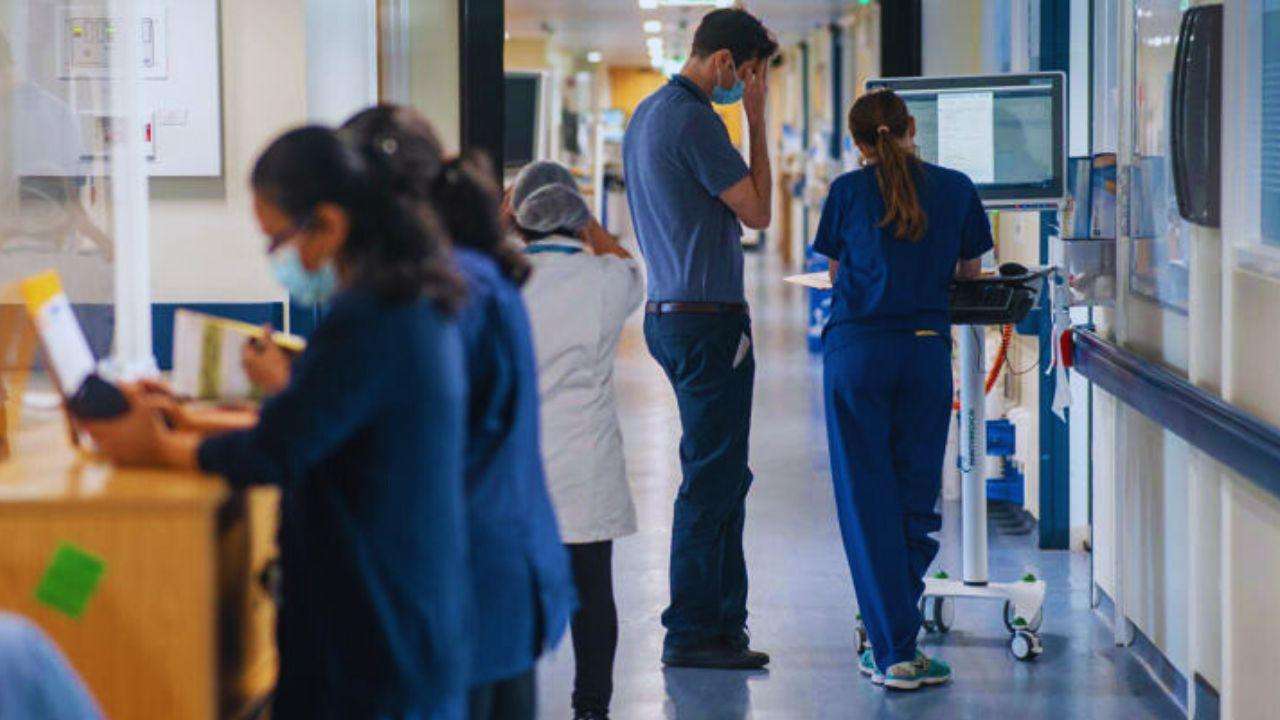Superbugs are becoming increasingly prevalent in the UK, and the government is failing to effectively combat them, ministers have been warned.
The World Health Organization has identified antimicrobial resistance (AMR)—where pathogens evolve to withstand antibiotics and other treatments—as one of the greatest global public health and development threats.
Estimates suggest that AMR already contributes to over 35,000 deaths annually in the UK. However, the National Audit Office (NAO) has stated that the government remains far from achieving its goal of controlling and containing AMR.
Without urgent action, the repercussions for public health, life expectancy, the NHS, and the broader economy could be severe, the watchdog warned in a report published Wednesday.
Although the government acknowledges the seriousness of AMR, the NAO found that progress has been limited. The UK remains far from its objectives, which include reducing infection rates, ensuring optimal antimicrobial use, and developing new treatments to keep common illnesses curable.
Of the five domestic targets set in 2019, only one—reducing antibiotic use in food-producing animals—has been met. Meanwhile, drug-resistant infections in humans have risen by 13% since 2018, despite a goal to cut them by 10%.
Gareth Davies, head of the NAO, stressed the urgency of the situation: “Antimicrobial resistance presents a major public health threat and addressing it is a multifaceted challenge. The government is responding, but results have been limited, and the country must become more resilient to this long-term risk.”
The Covid-19 pandemic and demographic shifts have further complicated efforts to tackle AMR. Patients are entering hospitals with more pre-existing conditions and longer stays, increasing the risk of opportunistic infections. Additionally, aging NHS facilities make it more difficult to maintain hygiene and isolate infectious patients.
By 2050, AMR is projected to directly cause 1.91 million deaths annually worldwide, up from 1.14 million in 2021, and contribute to 8.2 million deaths per year, compared to 4.71 million currently.
Sir Geoffrey Clifton-Brown, chair of the Committee of Public Accounts, urged immediate action: “The world must take antimicrobial resistance seriously, and the UK government must lead by example. While the UK has been ambitious in addressing this issue, progress remains slow, and public awareness is low. In the shadow of Covid-19, this silent pandemic demands urgent attention.”
The Department of Health and Social Care acknowledged AMR as a "serious global threat" and affirmed its commitment to tackling it.
“We have made significant progress, including reducing antibiotic use in meat production and pioneering a world-first subscription model to incentivize the development of new treatments,” a spokesperson stated.



_4.jpg)




.svg)




_5.jpg)